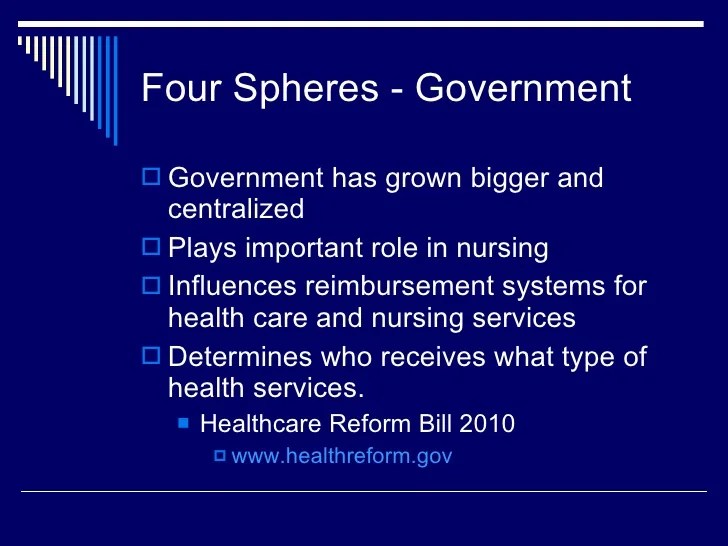The four spheres of political action in nursing provide a comprehensive framework for nurses to engage in the political process and influence policy decisions that affect the profession and patient care. From individual actions to institutional advocacy, this guide explores the importance of political engagement in nursing and empowers nurses to make a meaningful impact on the future of healthcare.
Defining the Four Spheres of Political Action in Nursing

Political action in nursing encompasses a range of activities that nurses engage in to influence health policy and improve patient outcomes. The concept of the four spheres of political action provides a framework for understanding the different ways nurses can participate in the political process.
The four spheres of political action in nursing are:
- Individual Action
- Collective Action
- Electoral Action
- Institutional Action
Sphere 1: Individual Action
Individual political action refers to activities that nurses undertake as individuals to influence policy. Examples include:
- Contacting elected officials to express concerns or support for legislation
- Testifying before legislative committees
- Writing letters to the editor or op-eds
Individual action can have a significant impact on policy. By making their voices heard, nurses can help to shape the laws and regulations that affect their profession and the health of their patients.
Sphere 2: Collective Action, Four spheres of political action in nursing
Collective action involves nurses working together to achieve a common goal. This can take many forms, such as:
- Joining professional organizations
- Participating in union activities
- Forming political action committees
Collective action can be more effective than individual action because it amplifies the voices of nurses and allows them to pool their resources.
FAQ Compilation
What are the benefits of individual political action in nursing?
Individual political actions, such as contacting elected officials, writing letters to the editor, and attending town hall meetings, allow nurses to directly voice their concerns and influence policy decisions that affect their practice and patients.
How can nurses overcome barriers to political action?
Barriers to political action in nursing include time constraints, lack of knowledge about the political process, and fear of retaliation. Nurses can overcome these barriers by seeking support from nursing organizations, attending workshops and training programs, and building relationships with policymakers.
What role do nursing organizations play in institutional action?
Nursing organizations, such as the American Nurses Association (ANA), engage in institutional action by advocating for legislation, developing position statements, and providing testimony before legislative bodies. These organizations represent the collective voice of nurses and work to influence policy decisions that impact the profession and patient care.
